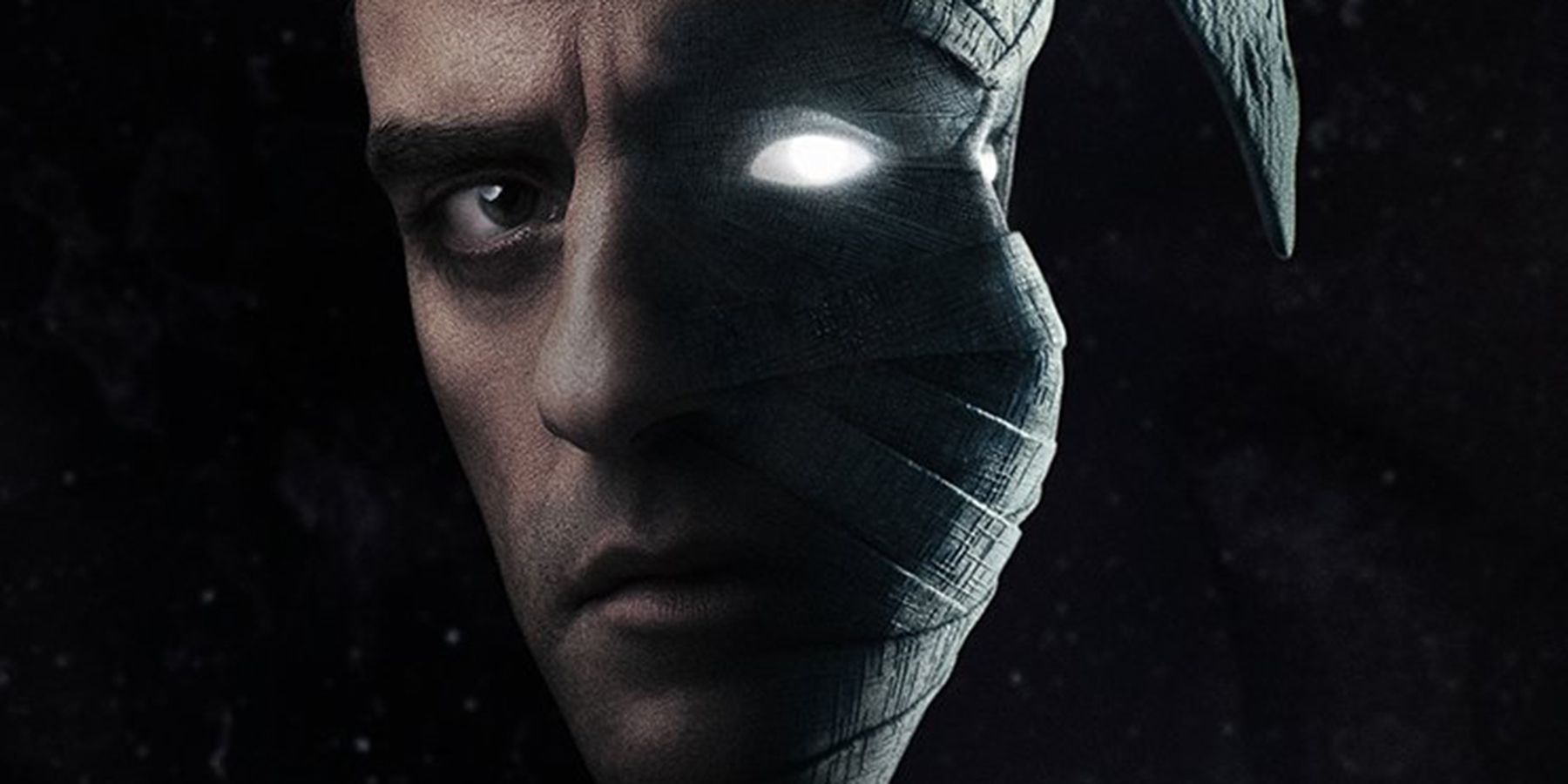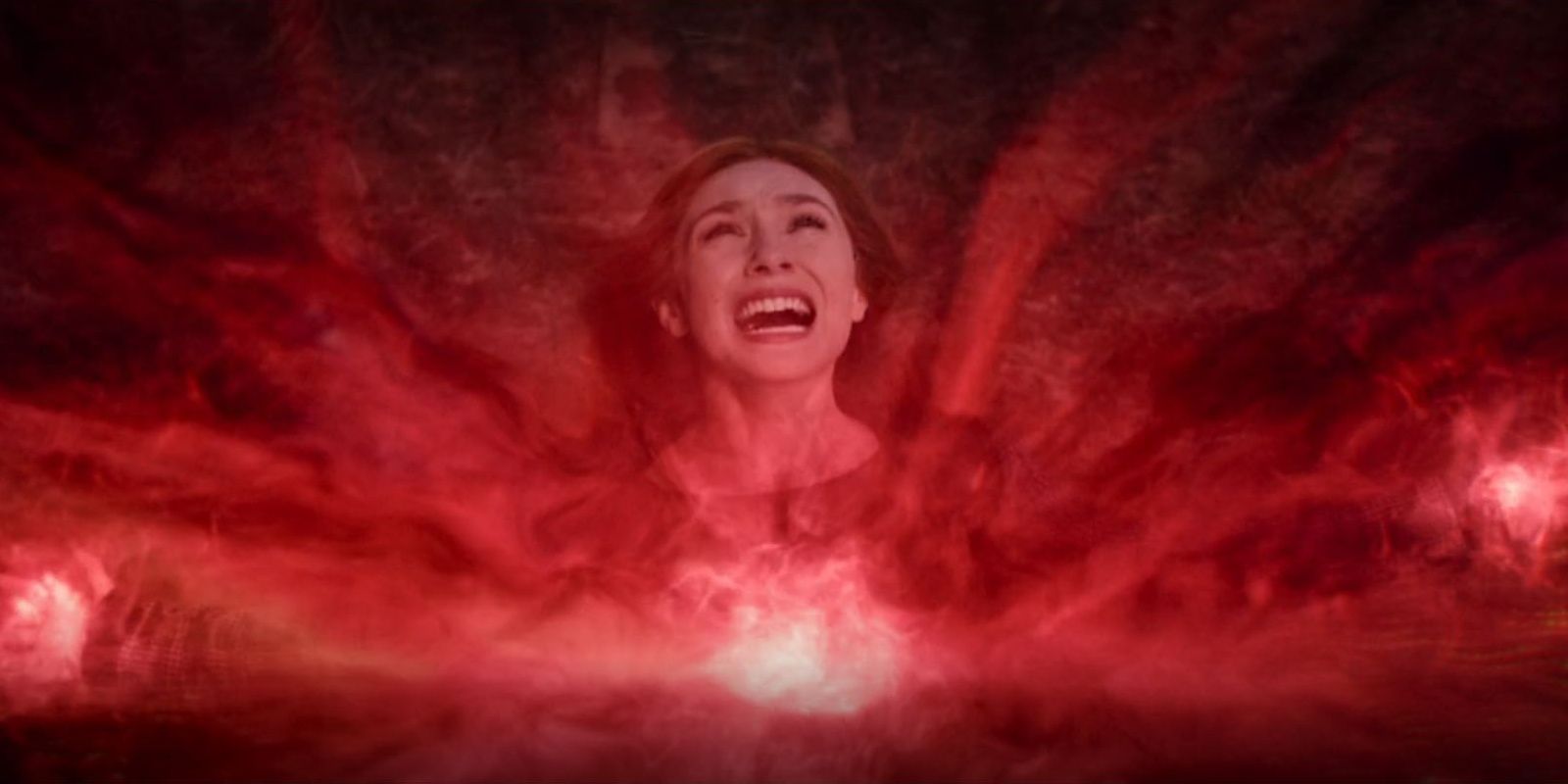Despite being based around a source material designed originally for children, the Marvel Cinematic Universe is one of the biggest film franchises of all time. With its massive audience, it has become common for the MCU to address real social issues, with varying levels of success.
The first trailer for Marvel's Moon Knight has finally dropped, and it's become clear that the intense series will be focusing on Marc Spector's struggles with mental illness. Spector lives with a fictionalized version of dissociative identity disorder (DID), the trailer sees him living under an alternate personality by the name of Steven Grant. Moon Knight is defined as a character by his mental illness, his earlier portrayals simply described him as "crazy." The modern take on him is a bit split on whether he is mentally ill in any grounded way, or if his condition is a result of his strange connection with the source of his powers. His insomnia and DID are clearly key to the narrative, but this isn't Marvel's first character study about a character living with some form of mental strife.
When it comes to the Marvel Cinematic Universe, the first brush with anything resembling a depiction of mental illness probably came in Iron Man 2. That film touched on a trait of Tony Stark's character that has been integral for decades, his alcoholism. The 1979 series Demon in a Bottle is one of the most powerful comic books ever released, and its heart is Stark's struggles with his drinking problem. The 2010 film, amongst many well-earned criticisms, did cop-out on this important aspect of Stark's character. Stark does begin problematically drinking in the film, but only briefly, and it's mostly played for laughs. He is driven to drink by problems with his arc reactor, which slowly poisons him throughout the film. So the film's take on Stark's alcoholism boils down to him embarrassing himself at a party and passing out in inopportune places. He's ill, he's suffering, and the snarky action-comedy is more concerned with jokes than any form of introspection. From the trailer, Moon Knight seems like a substantial leap.
Iron Man 3 approached Stark's mental condition with a bit more maturity. Racked with PTSD after the events of The Avengers, Stark spends an impressive amount of his third solo movie in a deeply fragile condition. He makes stupid mistakes, suffers crippling panic attacks in public, and becomes a troubled insomniac obsessively building new suits. This story element is less important as the film goes on, but it is a serious depiction of a real issue a lot of people suffer with. This element of Stark's character remains important, it's part of the terrible decisions he makes in Age of Ultron, it's part of his rationale in Civil War, it sticks with him until his dying day. Aside from Stark, however, the movies have not been the arena of Marvel's narrative that has been most concerned with this topic.
Netflix's Defenders universe is much more mature and far darker than any other corner of the pre-existing MCU. Jessica Jones is an action noir narrative about a woman suffering from PTSD after a horrendous sexual assault. The Punisher is about a soldier who never came home from the war and suffers from delusions of his past. Trauma, self-destruction, addiction; these topics are challenging and very real. It would be impossible to imagine the 2010 MCU crafting a story like Jessica Jones, but over years, the filmmakers employed by Marvel have been allowed to explore these topics. The mental anguish experienced by these characters is not a joke, it's the bedrock of these beloved characters. But the most powerful glimpse into mental health that the MCU has provided came from a series with a much happier exterior.
WandaVision is an adaptation of the heartbreaking limited series House of M, mixed in with Tom King's incredible 2016 Vision run. It's a fun and colorful jaunt through decades of TV sitcom history that also happens to be a brilliant look into what a person with unlimited power would do when afflicted with emotional destruction. Wanda is a god, and the loss of her husband, her brother, her life, to forces she couldn't control leads her to enslave a town in service to her trauma. The entire story is buried in abuse and addiction, it's harrowing.
The turn in the narrative, the moment in the final episode when the citizens of Westview get to speak their free will for the first time is the Marvel equivalent of an addict's sins coming back to haunt them. The idea of "what if god was traumatized and willing to do whatever it took to set it right" is a clever method of exploring a story about mental illness in a world of superheroes. It is the perfect predecessor to Moon Knight.
Trauma, abuse, paranoia, addiction, fear, the unraveling of the human mind. These topics are difficult, but they're human. No matter how invulnerable or powerful or godlike these people are, they are still people, and that comes with certain difficulties. Moon Knight will hopefully learn from over a decade of the MCU to approach very real experiences.



